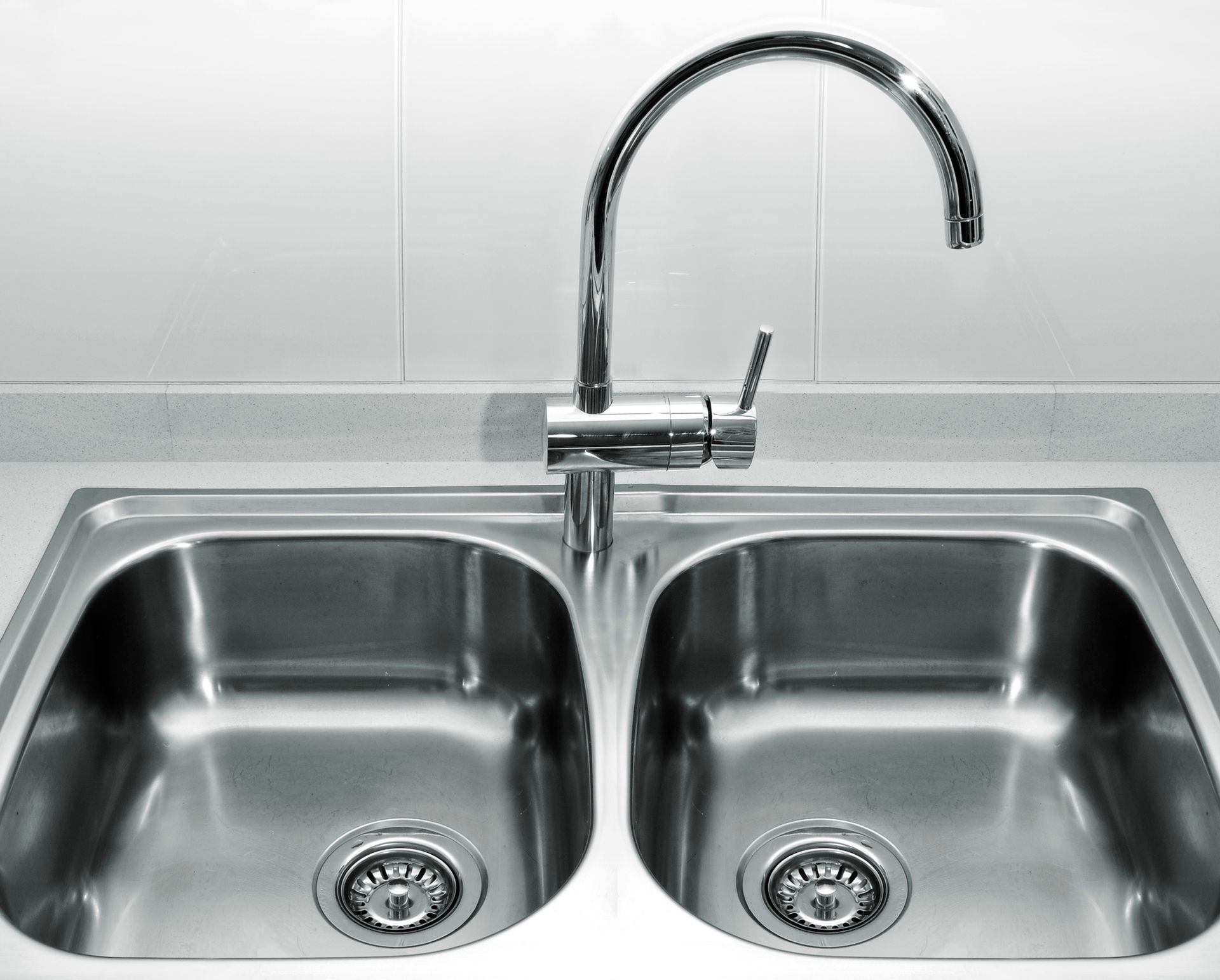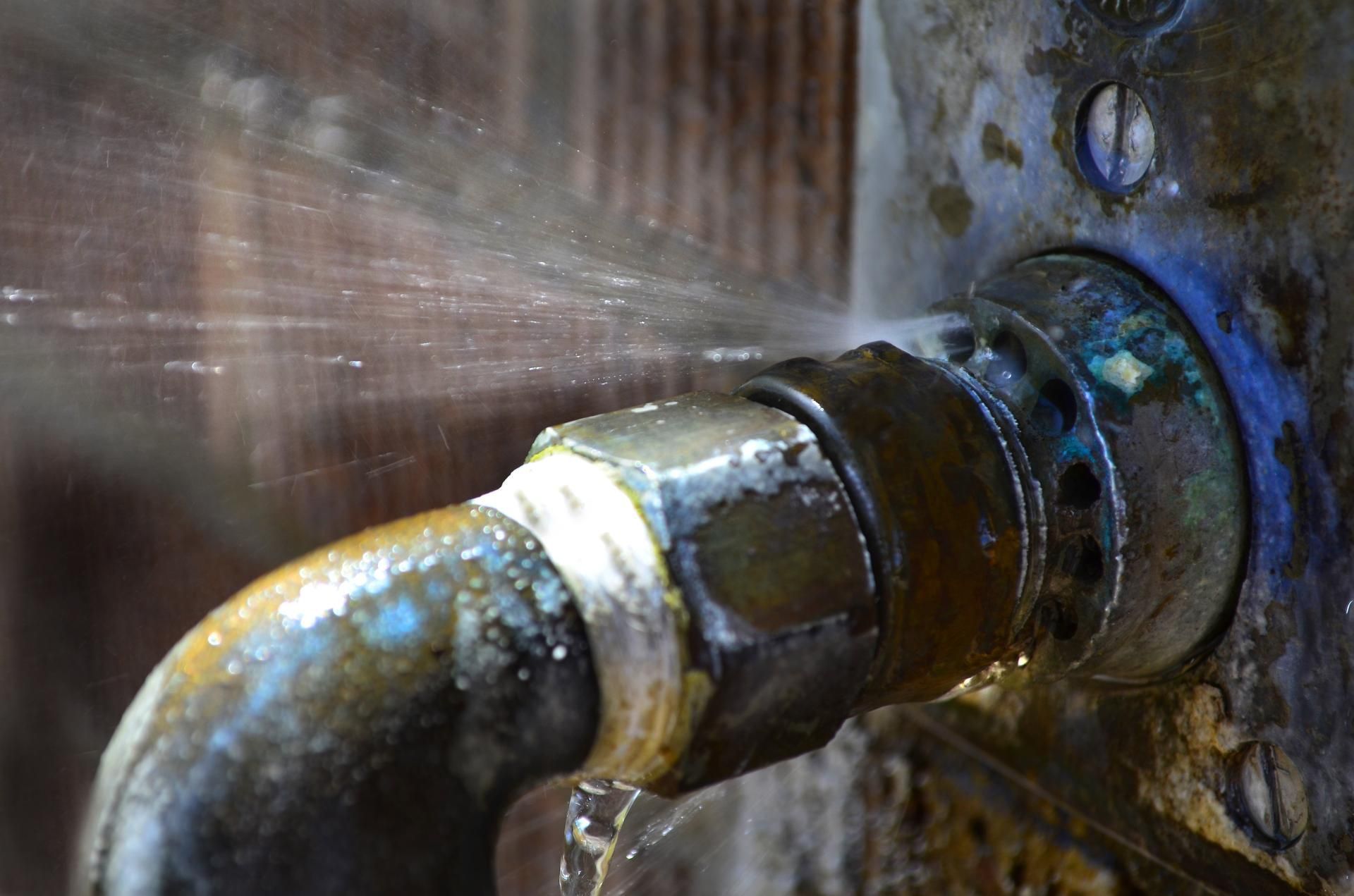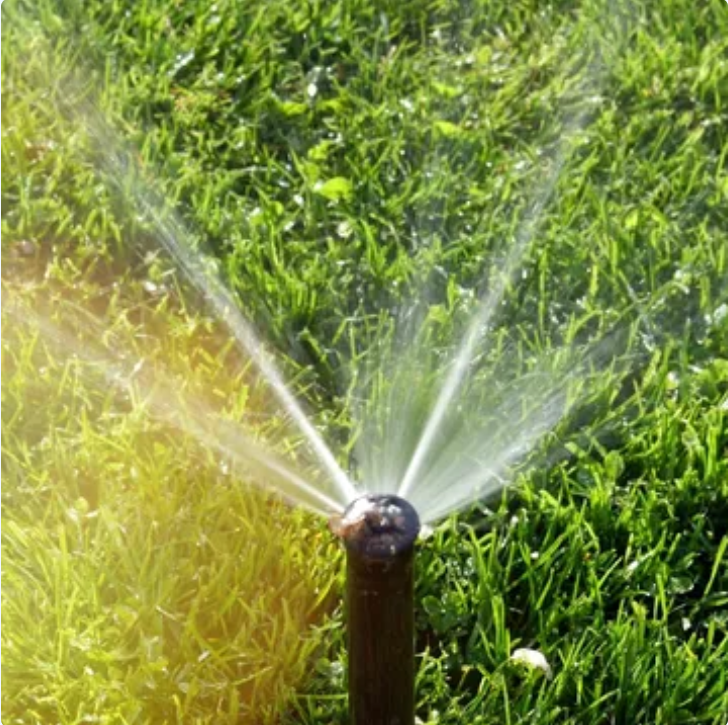CALL US TODAY!
Gas Pipe Problems: Questions and Answers

According to the most current data from the National Fire Prevention Association (NFPA), the ignition of natural gas accounts for some 4,200 residential fires and an average of 40 deaths per year. Even when explosions don’t occur, U.S. fire departments must address an average of 340 daily calls involving gas leaks that don’t involve fires.
Unless you know your residential plumbing inside and out, you may not understand how gas circulates through your home, what kinds of problems can affect gas line function, and how your plumber can help you fix or prevent such problems. Get up to speed on the subject with these frequently asked questions and their answers.
What Does a Typical Gas Pipe Setup Look Like?
In most residences equipped for natural gas distribution, gas pipes route the supply from the city into the home. Multiple branching lines that are connected to the main line feed gas to various appliances via individual drop lines. (If the line sits below an appliance, you’ll have an upward connecting line called a riser instead.)
Gas pipes can only work as well as their connections permit. Thread seals covered with special tape connect individual lengths of pipe at their joints. Shutoff valves that let you control the gas flow also connect pipe lengths in certain spots. The individual drop lines or risers also connect to dirt traps that collect sediment.
Why Do Gas Pipes Get Clogged?
Gas pipes get clogged for many reasons. In some cases, underground tree roots overgrow and enter the pipelines. In others, accumulations of dead bugs, soil, and other natural debris fill up the pipe. Rust or dents can block or reduce the flow of gas in a metal pipe. (Plumbing pipes may consist of either metal or plastic.)
Water that enters the pipe can add pressure that interferes with gas flow. Even a small amount of water pressure inside a gas pipe can eventually lead to a corrosion-related blockage in any of your gas pipes.
Where and How Do Leaks Form in Gas Pipes?
Gas leaks can occur either in the pipes themselves or at their joints. A crack or break in a pipe can allow toxic gas to escape. Gas leaks commonly occur at the joints as valve connections and thread seals wear out due to everyday wear and tear. Lack of regular maintenance allows corrosion to erode the seals.
Not all gas leaks occur due to natural accidents or routine wear. The contractor who originally installed your plumbing might have used the wrong fittings or seals for optimal performance. These kinds of errors can promote leaks.
What Trouble Signs Should Alert You to a Gas Pipe Problem?
You might find that you can figure out the nature of your gas pipe problem by the symptoms it displays. If you have a partially blocked gas line, for instance, you will struggle to get an adequate amount of gas whenever you operate a connected appliance, no matter how high you turn up the appliance’s settings.
A gas leak may also display more obvious symptoms. Gas typically gives off an instantly recognizable rotten egg odor. You may also notice that your gas bill has gone up for no known reason, or you might see the grass and other vegetation around the outdoor gas line dying off.
A gas leak represents a serious danger for home occupants. If you suspect that you have a gas leak, immediately call your gas supplier company. Take it as your warning that the household air may become unhealthy to breathe for any length of time, at least without ventilation. It is suggested to go outdoors.
What Makes a Gas Leak So Dangerous?
Gas leaks pose two imminent threats to you and your family. First, the toxic gases released into your home can cause potentially deadly asphyxiation. If you smell that characteristic rotten egg odor, take it as your warning that the household air may become unhealthy to breathe for any length of time, at least without ventilation.
The second danger involves the risk of explosion. If static electricity or any other spark encounters natural gas, it can set off an explosion that sets the connected appliance or even the entire home on fire. For this reason, you should probably play it safe by evacuating your family from the home until you can get the leak fixed.
How Can a Plumber Fix Your Gas Pipe Issue?
Your plumber can check every inch your gas pipe system to pinpoint the source of a gas blockage or leak. They will then remove debris or other materials that block the flow of gas through the system, and they can replace thread seals, joints, or entire sections of pipe as needed to restore function and safety.
If you have concerns about your gas pipes, contact Jim Dhamer Plumbing and Sewer, Inc at (630) 964-2222. Our experienced plumbing team can come to your home, check out the gas pipes and their attachments, and perform any needed repairs or preventative maintenance.
The post Gas Pipe Problems: Questions and Answers appeared first on .
Leave A Reply
More Posts
Quick Links
Business Hours
Monday - Friday: 7:30 a.m. - 4 p.m.
Saturday: By Appointment Only
Sunday: Closed
Payments Accepted









